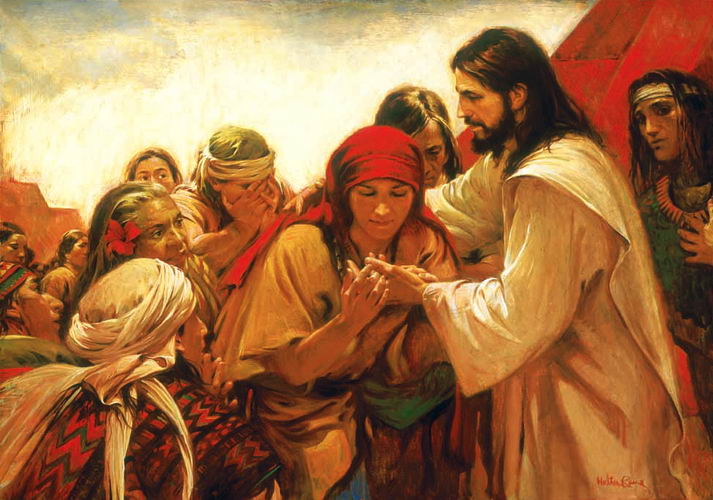In my study of the Book or Mormon, I came across a verse that had special meaning to me as a missionary.
As my last transfer drew to a close, It was naturally to look back and ask, ‘is there more I could have done? How did I do? Was I a good missionary?’
No immediate peace came with such contemplation. I knew my weaknesses and I was afraid that some of them were rather glaring. For example, it bothered me that I never got used to contacting. Everyday was like the first day. It never came naturally. I also had an excellent memory and could easily recall moments I wasn’t proud of.
These weighed on me. I kept working, I kept giving it my best effort, but in the back of my mind these things festered.
It was at some point near the end of my last transfer I read about Alma and the struggles and setbacks he experienced watching the Church under his watch studded a little bit:
And now it came to pass that Alma, having seen the afflictions of the humble followers of God, and the persecutions which were heaped upon them by the remainder of his people, and seeing all their inequality, began to be very sorrowful;nevertheless the Spirit of the Lord did not fail him. (Alma 4:15, emphasis added).
As I was invited at my last zone conference to speak, this verse came to mind while I was on my feet. I quickly realized that this was true for me. Yes, I struggled. Yes, there were challenges. Yes, I made some stupid mistakes. But I never gave up, I kept moving in the right direction. And most importantly, the Spirit did not fail me. I never felt alone, and recognized throughout my mission the Spirit teaching me and teaching others through me.
And if I had the spirit, that means I was worthy. Which was a witness to me that The Lord accepted my efforts.
Sometimes that is still hard for me to remember and focus on. I get impatient with myself, I feel like I should be further along in some categories. Other things don’t come as naturally as I hoped they would and I am painfully aware of where I come up short.
But let all that go for a moment and just focus on having the Spirit. That is the reminder of every sacrament meeting: that The Lord will grant His Spirit to the willing. If we will keep at it, His spirit will sustain our efforts
and help us yield fruit. And then at some future day we’ll peak back over our shoulder and realize just how far we’ve come.



You must be logged in to post a comment.